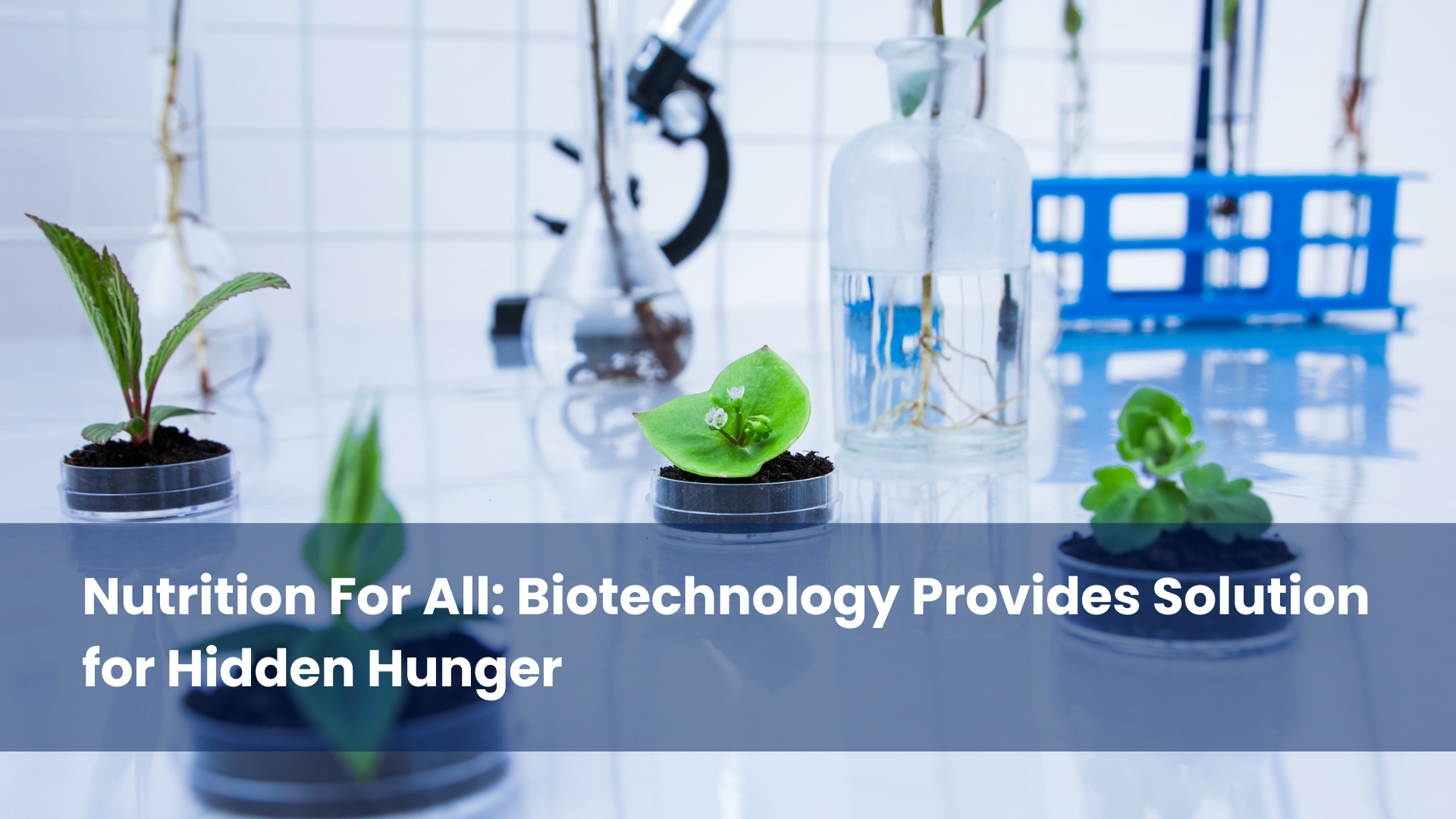The population explosion adds to the worries of our planet, already grappling with so much. On one side, while it contributes profusely to carbon emissions, it causes more pressure on the energy sources, on the other. On top of it, the food scarcity that it has resulted in is a cause of anxiety for world economies in view of the fact that the agricultural land is shrinking and food demand is growing. With less food available, there is a possibility of less nutrient intake and an increase in malnutrition, thus making societies vulnerable to diseases that hinder normal cognitive and physical development.
While converting forest land into agriculture may address the problem of food scarcity to some level and time being, it poses a risk to our biodiversity which shouldn’t happen at any cost. The world has already reached such a mark of saturation, particularly in light of events that seem to be far-fetched including frequent floods, wildfires, extreme weather patterns, etc that any further meddling into it isn’t an option at all.
While we understand the causes of malnutrition, the scaling of food and nutrition system approaches that combine sustainable agriculture aimed at improved diet diversity and livelihoods is the need of the hour. To this end, biotechnology has a potential of bringing some respite by ensuring an adequate and healthy food supply in a sustainable manner.
To address chronic micronutrient deficiencies, also known as Hidden Hunger, which is affecting a major chunk of world population, concepts like nutraceuticals and food fortification merits appreciation. These biotech solutions have played a significant role in improving human health by producing nutrient-enriched food products. Through genetic modification of crops, these solutions offer a valuable solution for addressing the body's nutritional needs, including essential nutrients, vitamins, antioxidants, flavonoids, and alkaloids. These crops play a significant role in promoting the physical and cognitive development of individuals. By introducing novel and desired genes, these crops are enriched with vital nutrients to meet the increasing healthcare demands worldwide. One such example is Golden Rice. For a huge number of vitamin A deficient populace, particularly children who were developing night blindness in developing countries, this particular variety was conceived as a remedy. Due to poverty in these societies, a significant proportion of the children population subsist on just a few bowls of rice a day as their main source of sustenance and almost nothing else. It remains to be answered whether this particular variety of rice reached the people it was intended for is a secondary question, but yes, it could’ve brought the gift of life and sight to them.
Similarly, other foods including potato, flax seeds, corn, maize, tomatoes, papaya, squash, groundnuts, soybeans, sugar beets, canola and cotton seeds have also been genetically engineered to have all the vitamins, thereby satisfying the nutritional needs of people.
The importance of nutraceutical has been acknowledged worldwide, and economies across the world have invested significantly in this sector for a better and healthier future. According to Bonafide Research & Marketing, Global Nutraceuticals Market is projected to be valued at USD 650 Billion growing at a CAGR of 8.13% during 2022-2027. To explore this sector, the London Biotechnology Show will host a world-class exhibition and a comprehensive conference that will bring together leading policymakers, thought leaders, investors, industry experts, startups and other key stakeholders. The show will offer an opportunity to network at the highest level, showcase innovative solutions, and identify new business opportunities in the field.

